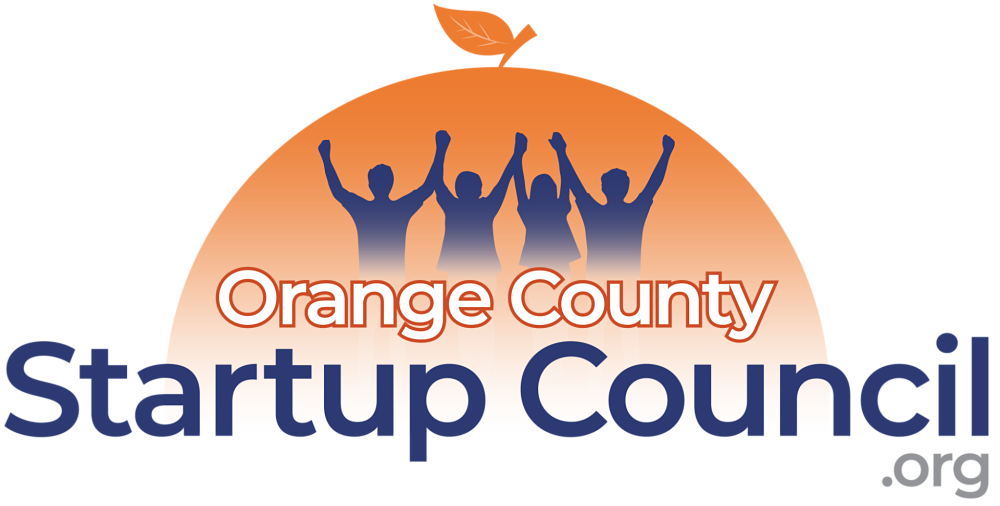What You Need to Know About the “Unbundled Work” Era
A Thought Leader Guest Post from Li Jin of Substack:
Unbundling Work from Employment
The internet and rise of micro-entrepreneurship
Sometimes in the economy, monolithic entities that serve many needs disintegrate into an ecosystem of single-purpose entities. When that happens, there’s a huge opportunity for startups.
Take, for example, Craigslist. Since its founding 25 years ago, Craigslist’s horizontal breadth, coupled with its shallow feature set and stagnant product, has presented rich opportunities for startups to carve off vertical-specific niches. This is illustrated by the now-iconic market map of vertical-specific marketplace startups aiming to unbundle Craigslist and build optimized experiences for certain categories, from Coursera for education to Airbnb for short-term accommodations.
Entering the “Unbundled Work” Era
While the unbundling of Craigslist created billions of dollars of value, it pales in comparison to the unbundling we’re currently living through. Outside of commerce, unbundling is now affecting a much broader domain of everyone’s lives: work is being unbundled from traditional employment.
The notion of the “organization man”—a term popularized by William H. Whyte’s seminal 1956 book that describes the subsuming of individual agency in service of a large corporation—is giving way to the rise of “micro-entrepreneurs,” or free agents, creators, freelancers, and independent workers who utilize digital platforms to make a living by leveraging skills and knowledge in the absence of a traditional employer-employee relationship. Accelerated by digital platforms that help surface job opportunities, facilitate customer connections, and aid in setting up and operating a business, workers are empowered to go independent and to earn a livelihood outside the confines of a traditional company.
Tech platforms have removed gatekeepers and democratized access to customers, enabling people to do work outside of the traditional employer-employee relationship
A 2017 McKinsey Global Institute study showed that 20-30% of the working age population in the US was engaged in independent work, and that the proportion of such work mediated by digital platforms like Uber and Etsy was growing rapidly. This trend spans the gamut from individuals who convert their passions into professions—think of YouTubers, podcasters, and gaming livestreamers who’ve monetized digitally-native hobbies—as well as those whom we don’t traditionally think of as “creators,” but who are also similarly shifting to digitally-mediated self-employment, including teachers, salespeople, farmers, chefs, and personal shoppers.
What is driving this rearrangement of work? For one, it’s catalyzed by innate human desire: Freshbooks’ 2019 study on self-employment found that the primary motivations for those pursuing self-employment were non-financial: most individuals seek a combination of freedom, fulfillment, and career control. Author Daniel Pink’s theory of motivation corroborates this finding, arguing that humans are driven by autonomy (desire to be self-directed), mastery (urge to improve), and purpose (desire to do something meaningful)—all of which independent work can facilitate.
Tech platforms have removed gatekeepers and democratized access to potential customers worldwide; direct payment models have made it viable for workers to earn a livelihood from even a small number of loyal fans; and platform companies in the gig economy and passion economy have paved new paths to work.
How to best support the unbundling of work: horizontal or vertical?
For startups looking to support this trend of unbundling work from employment, a fundamental question is whether to pursue a horizontal or vertical strategy.
What’s the difference? While horizontal companies support workers in an industry-agnostic way, vertical platforms are focused on a particular industry. Patreon is a horizontal SaaS platform that allows any type of content creator, from comic book authors to YouTubers, to set up a membership subscription. In contrast, vertical-specific companies are ...
Read the rest of this article at substack.com...
Thanks for this Guest Post and its graphics to Li Jin of Substack.
Want to share your advice for startup entrepreneurs? Submit a Guest Post here.
